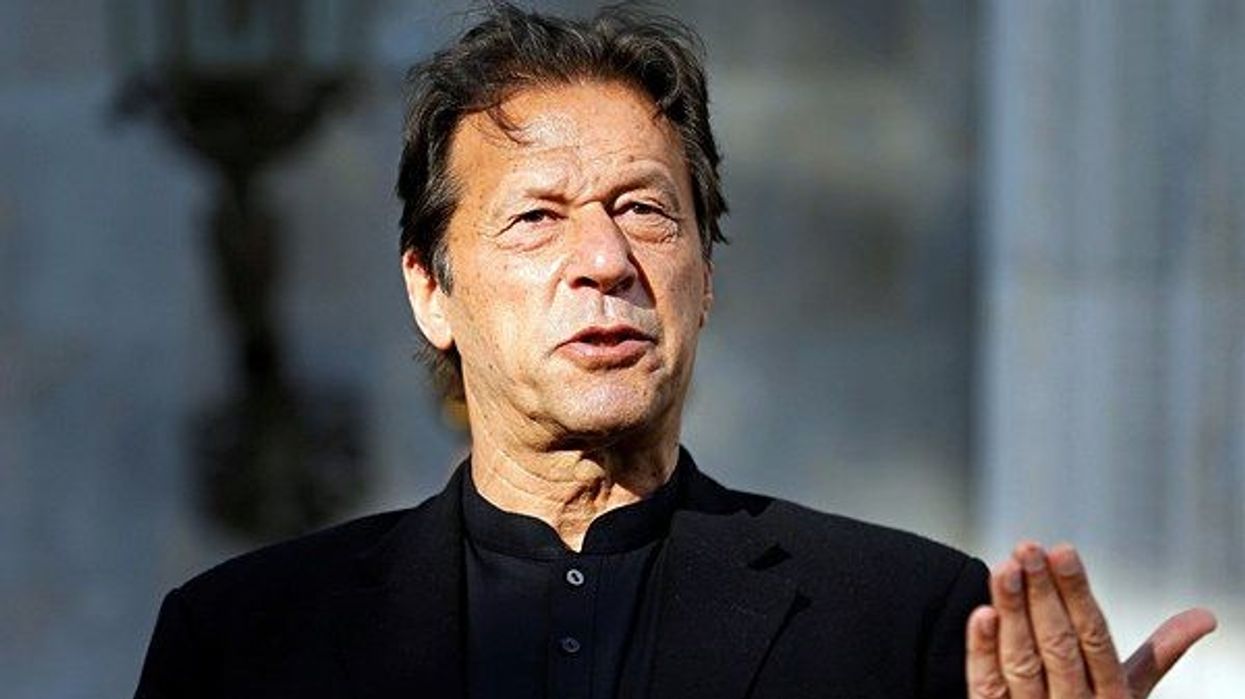Former Pakistan prime minister Imran Khan was remanded in custody for eight days on Wednesday (10) by an anti-graft court as violent nationwide protests over his arrest erupted for a second day.
Khan was arrested during a routine hearing in the capital Islamabad Tuesday (9) and whisked away to an unknown location overnight before appearing behind closed doors in a specially convened court at police headquarters.
The drama follows months of political crisis during which Khan, who was ousted in April last year, has waged an unprecedented campaign against the country's powerful military.
"The court has approved eight days of physical remand of Imran Khan," Ali Bukhari, a lawyer for Khan, told AFP by phone after the hearing.
Afzal Marwat, another of Khan's lawyers, earlier said Khan was in "good spirits" but had complained of being hit on the back of the head and leg by paramilitary forces who arrested him.
The former cricketing superstar, who remains wildly popular, has previously denied all the charges in dozens of cases brought against him.
He says the myriad legal cases are part of an effort by the struggling government and military establishment to prevent him from returning to power.
His arrest has brought thousands of his supporters to the street in cities across the country.
"If they think that the arrest of Imran Khan will demoralise us, then they are hugely mistaken," said Niaz Ali in Peshawar, where several monuments and government buildings have been torched.
"We stand with Imran Khan and will support him till death."
Pakistan politicians have frequently been arrested and jailed since the country's founding in 1947, but few have so directly challenged a military that has staged at least three coups and ruled for more than three decades.
The country's communications agency said the home ministry had ordered mobile internet services cut and restricted access to social media sites Twitter, Facebook and YouTube.
Authorities have ordered schools closed across the nation –- with end of year exams cancelled for students.
Hundreds of police officers have been injured across the country, while in Pakistan's most populous province of Punjab nearly 1,000 people have been arrested and the army ordered to deploy to keep peace.
Law Minister Azam Nazeer Tarar told a press conference there was "no political vendetta" surrounding Khan's arrest.
The case that led to his detention was brought by the National Accountability Bureau (NAB), Pakistan's top anti-corruption body, which said he had ignored repeated summons to appear in court.
"Whenever he was summoned to court, he would do so at his own leisure -- and only after being given a final warning," said Tarar.
Khan has faced dozens of charges since being ousted in April, a tactic analysts say successive Pakistan governments have used to silence their opponents.
(AFP)





